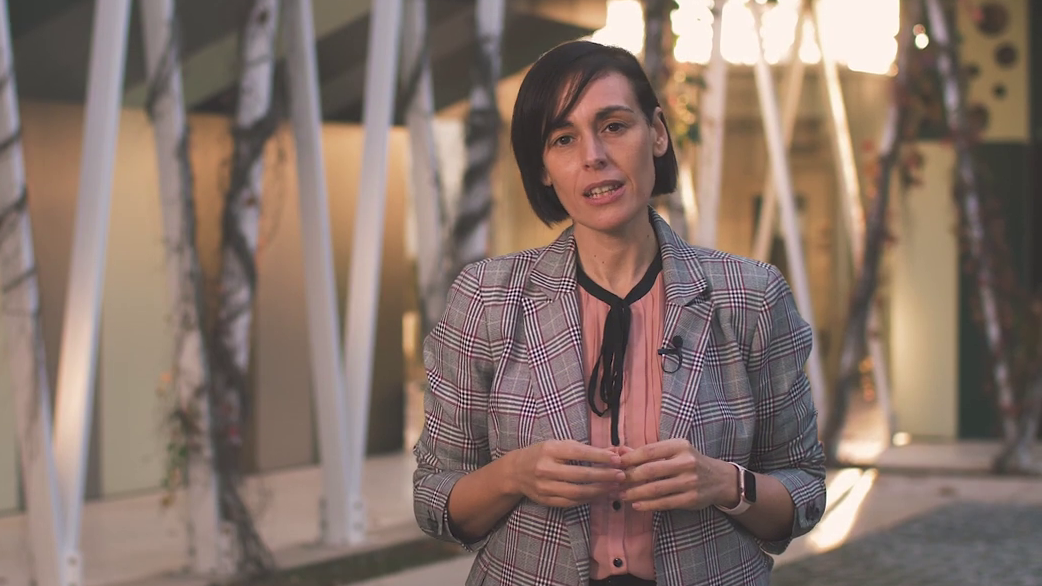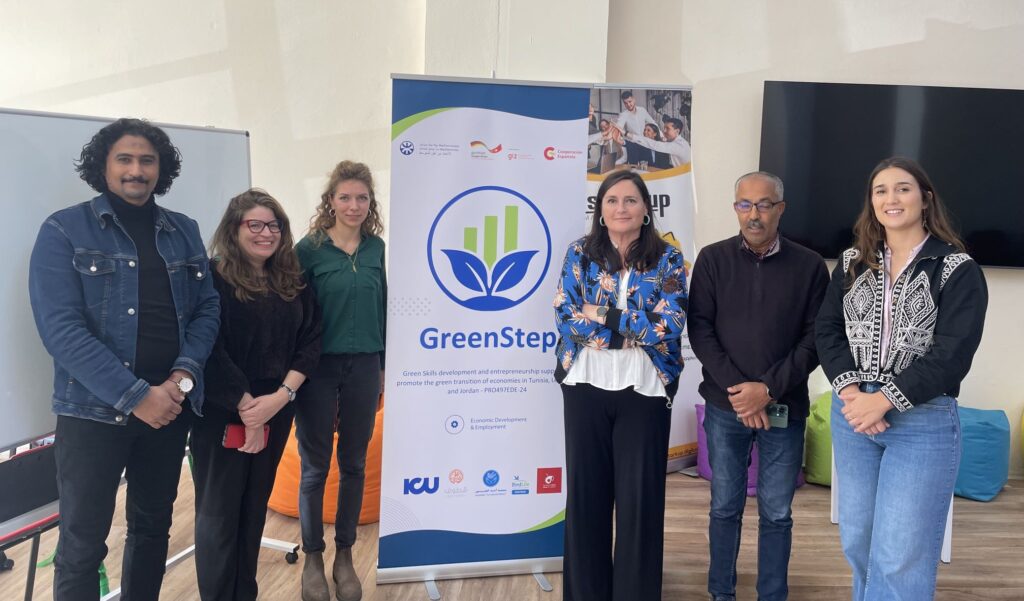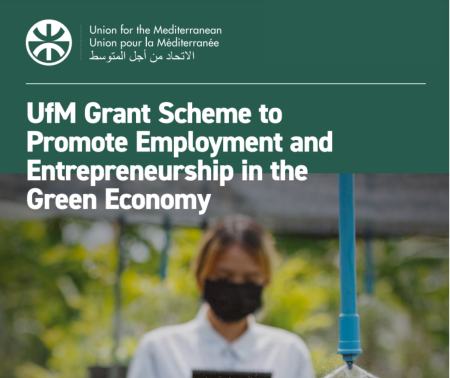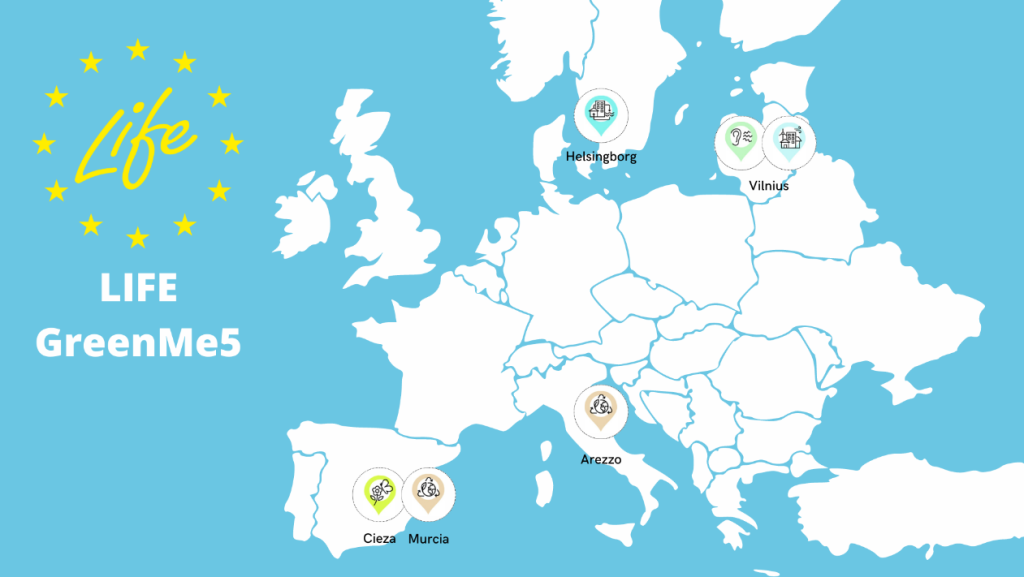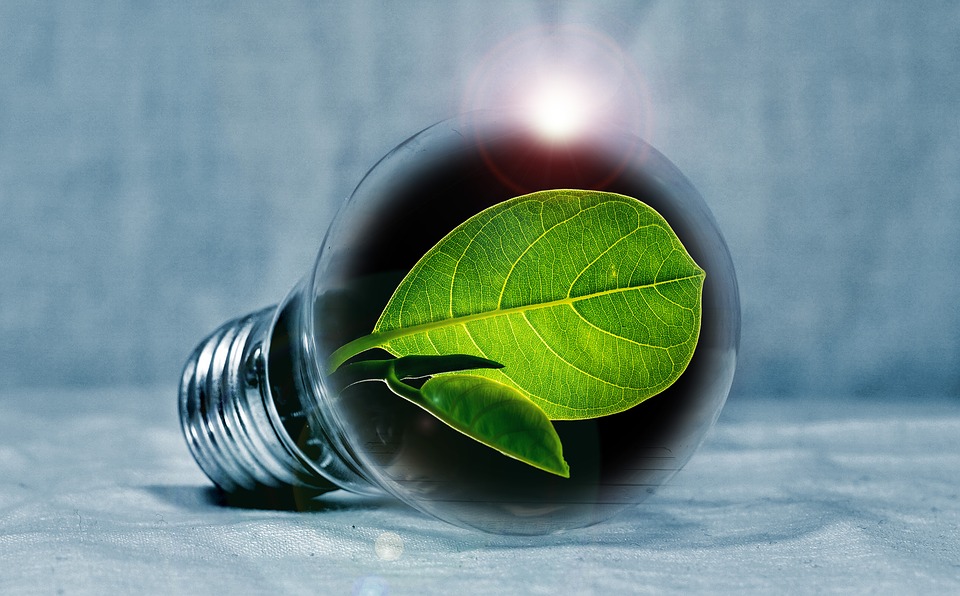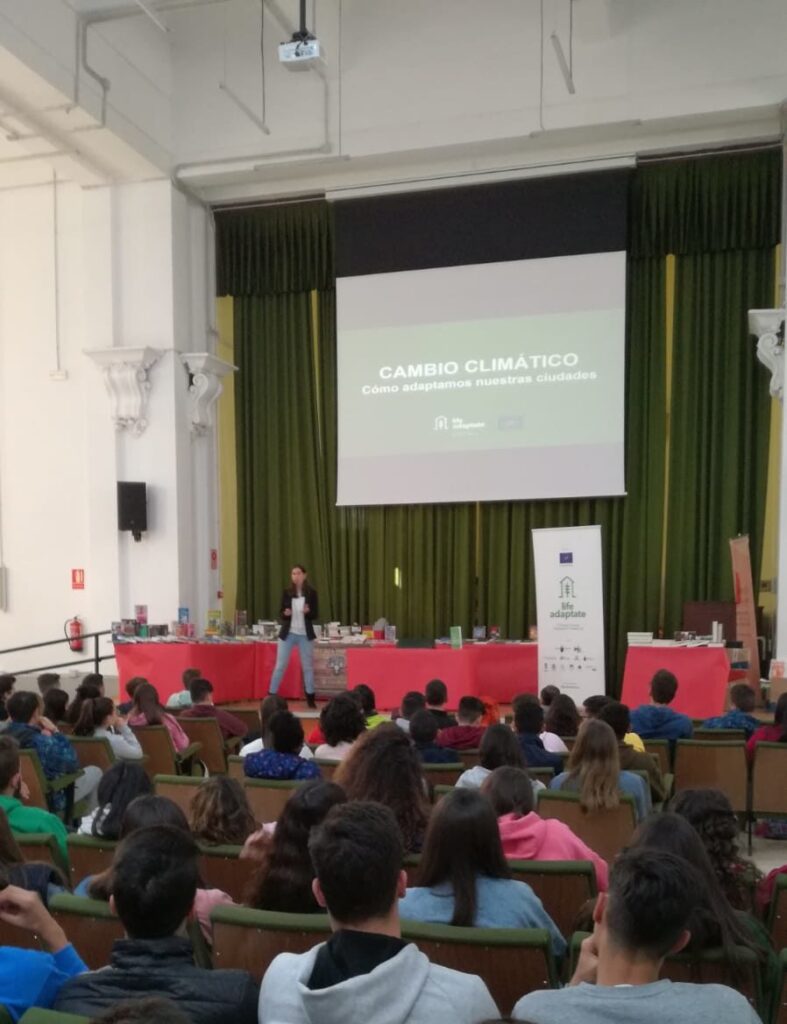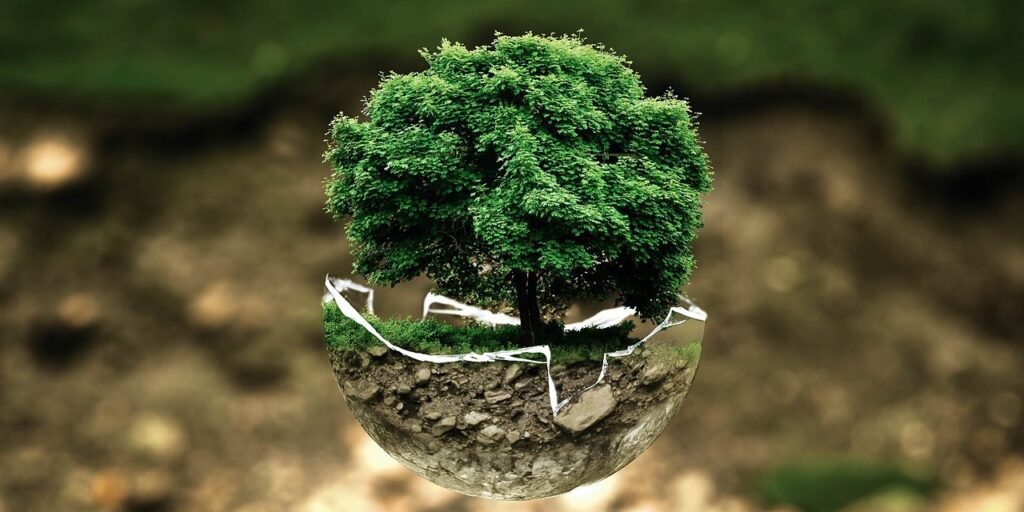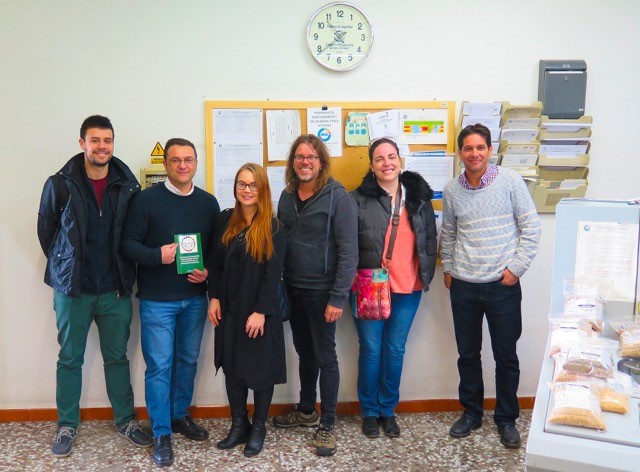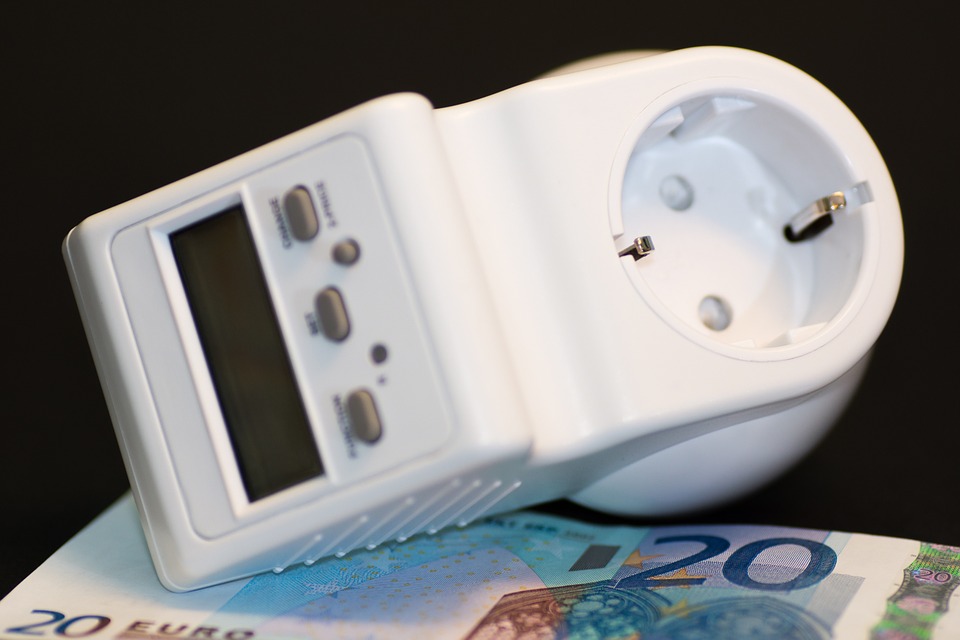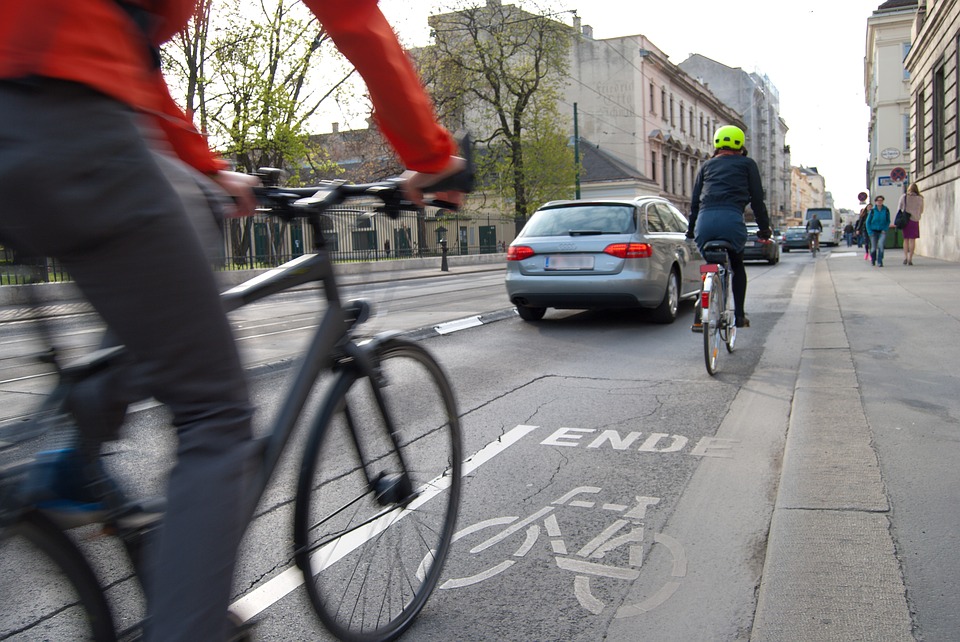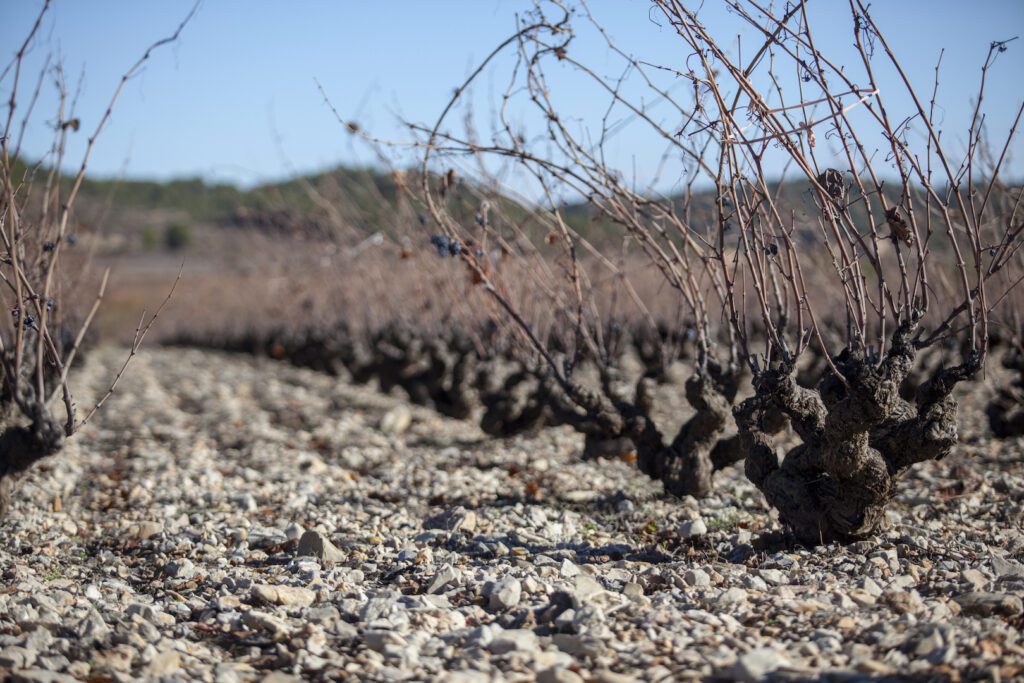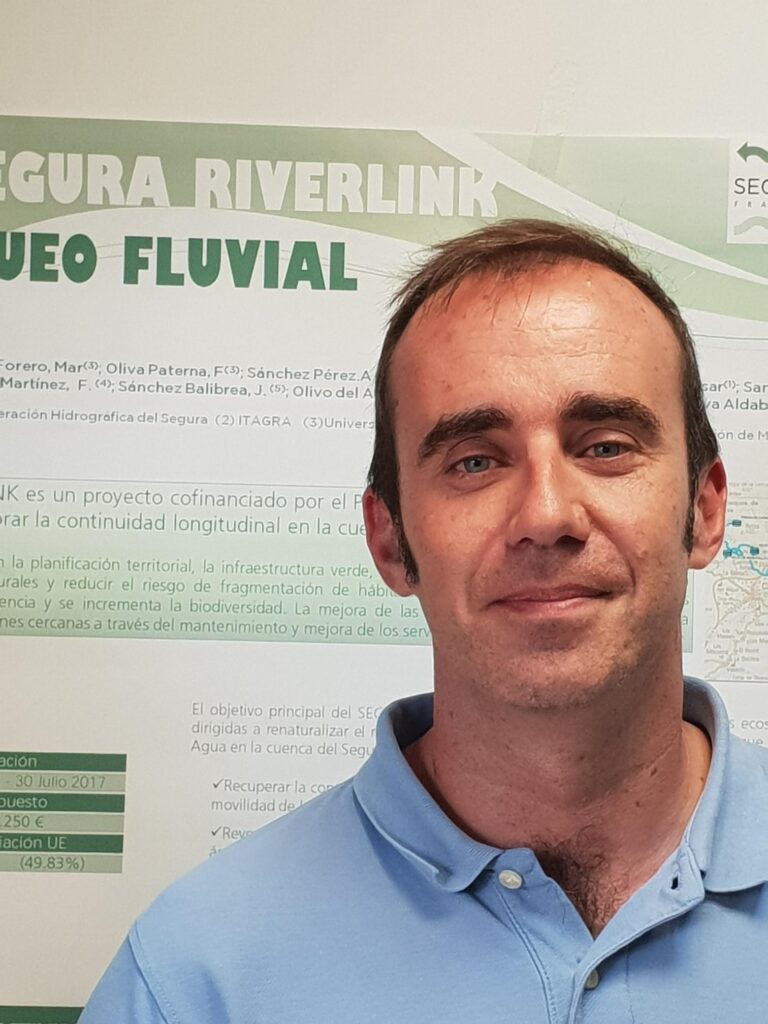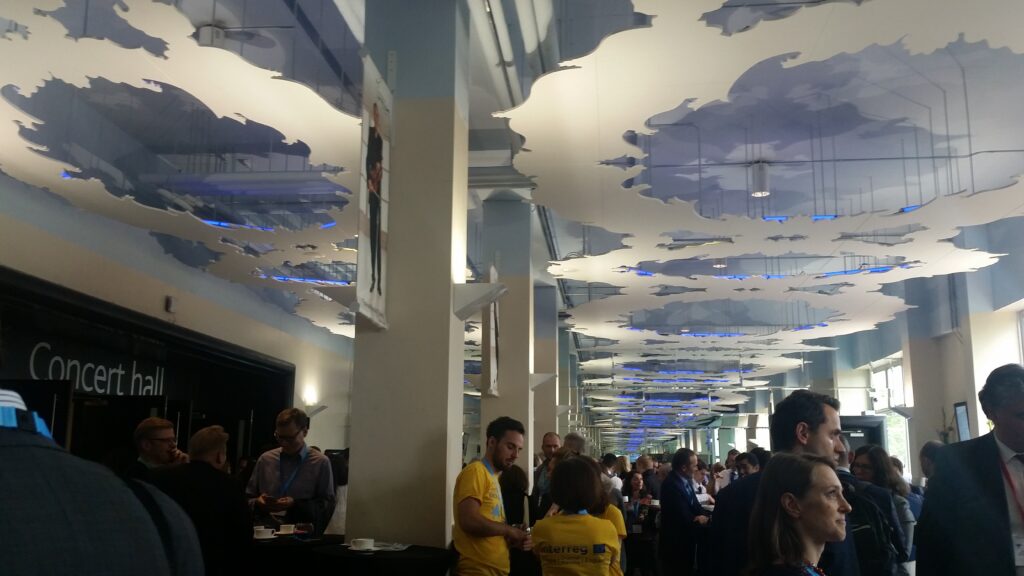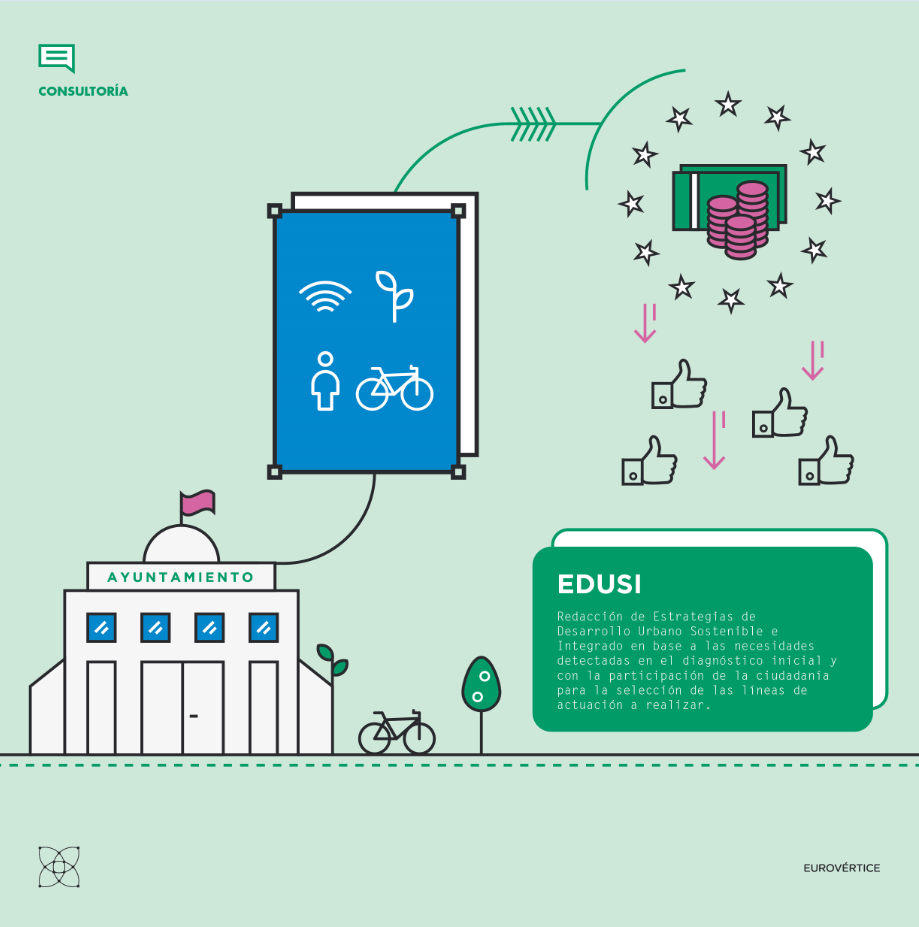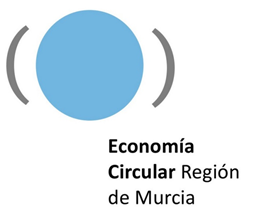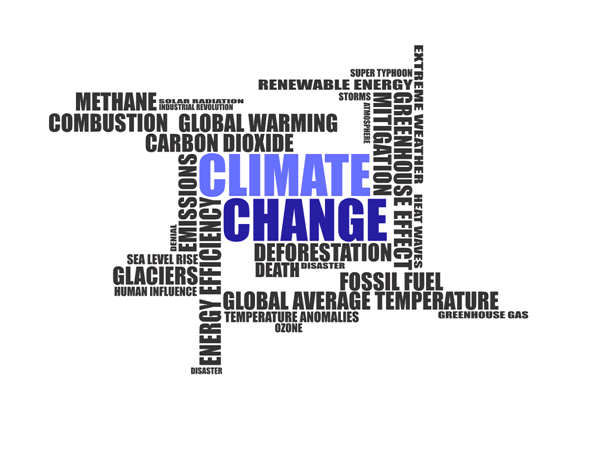LIFE Sarmiento (lifesarmiento.eu) is a European project co-financed by the EU’s Programme for the Environment and Climate Action (LIFE). The project has been developed between 2016 and 2020 in the PDO of Bullas (Murcia, Spain) by the companies Microgaia Biotech, Cooperativa Nuestra Señora del Rosario and EuroVértice.
Its objective is the valorisation of the vineyard pruning waste to avoid its burning through a composting process to obtain an organic substrate free of pathogens with biostimulant and biofertilizing properties. Thus, reducing CO2 emissions and contributing to the mitigation of climate change.
Results and impacts
During the 4 years of the project, more than 1,150 tons of vine shoots have been managed, avoiding their burning in more than 400 hectares of the Bullas PDO. In total, the project has avoided the emission of more than 2,900 tons of CO2 into the atmosphere, demonstrating a cooperative waste management system that reduces CO2 emissions by more than 95%, involving winegrowers, wineries and technicians.
The compost produced has been used as a fertilizer both in vineyard plots, urban gardens and nurseries, as well as in experimental plots at the University of Murcia.
Thanks to the project, the vineyard pruning waste management system has been integrated into the usual practices of the Cooperative, thus contributing to its sustainability. After the end of the project, the results will continue to be monitored in the vineyard plots where the compost has been applied in order to evaluate its impacts and long-term results. In addition, the project offers technical support to other wineries interested in the implementation of the system through the signing of cooperation agreements. Agreements with wineries of the DO Ribera del Duero, DO Jumilla, PDO Bullas and DO Yecla have already been established. The objective is to ensure that other wine-growing areas can apply the management system.
The project came up to provide an alternative to the burning of vineyard pruning waste, a serious environmental problem due to the emission of greenhouse gases. It is estimated that in viticulture between 800 – 1500 Kg of residues (shoots) are produced per Ha during the annual pruning, which are normally burned. This causes the emission into the atmosphere of 2.2 tons of CO2 per Ha, more than 6,500,000 tons in Europe every year. In addition, this practice entails a risk to public health, reduces the sustainability of agriculture, contributing to the loss of resources and the breaking of the cycle of organic matter and nutrients, which are very valuable for the soil.
The addition of compost not only improves the vigour of the plant, but also the fertility and productivity of the soil, its water retention capacity and biodiversity, as well as helping to reduce the use of chemical fertilizers and pesticides.



